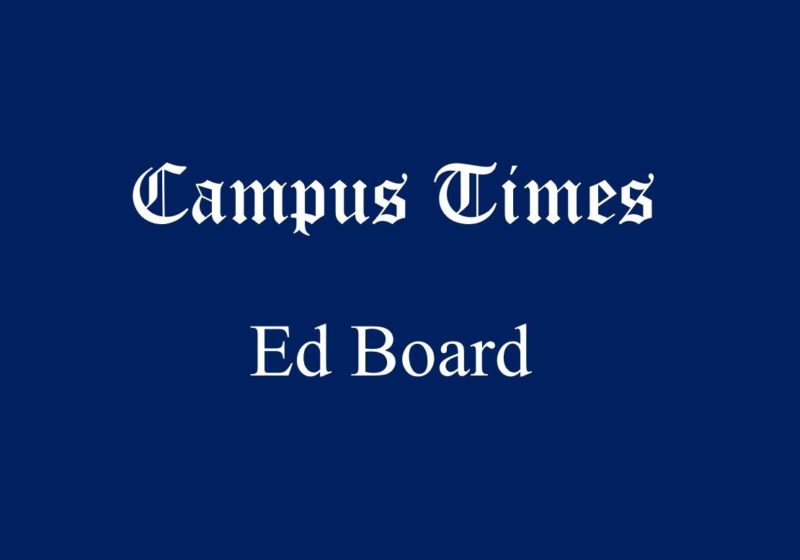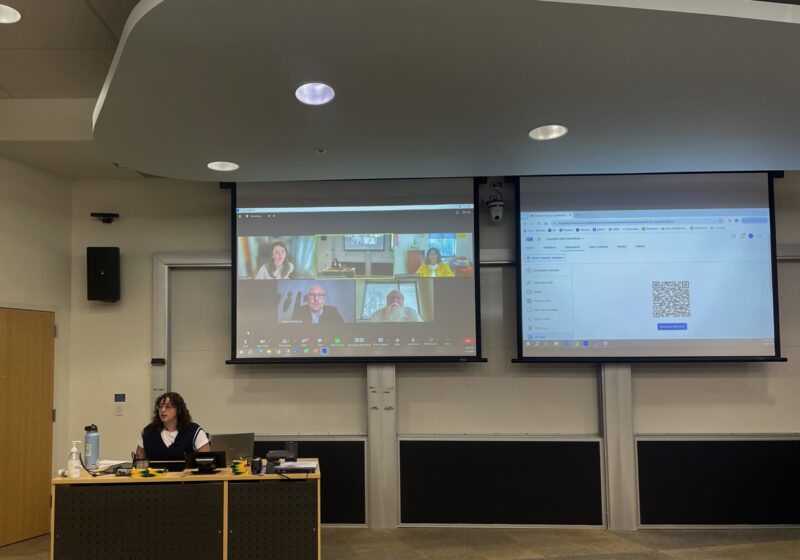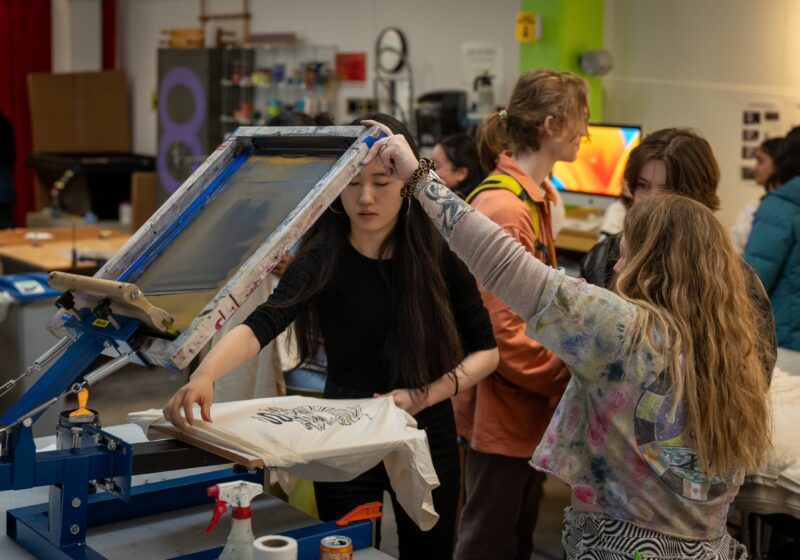At the Martin Luther King Jr. Commemorative Address on Friday, keynote speaker Eddie Glaude Jr. asked people to remember Martin Luther King Jr. at his most despairing. He focused not on King’s light, but his darkness. Not the utopia he dreamed of, but the nightmare he lived.
But he didn’t take a dark angle just to put a damper on everyone’s weekend. In forcing us to reckon with King’s despair, Glaude showed us the path to set things right.
In the last year of his life, King was “five years sadder,” Glaude told us, a “persona non grata,” and disillusioned with America. He was abandoned by the coalition that helped him throughout the Montgomery bus boycott as he tried to fight poverty, and he was harshly criticized for objecting to the Vietnam War.
He was “trying to change the consciousness of America, [but] nobody heard it, nobody cared.” America, Glaude said, was at a crossroads. And hearing about it, it sounded eerily familiar.
Last year was the second-hottest ever. We have a decade to avoid the worst effects of climate change, according to the UN. And yet, to echo Greta Thunberg: “Pretty much nothing has been done.”
The climate crisis is inseparable from racism. We know that those who have been most exploited throughout human history (disproportionately black and brown people) are also the most vulnerable to the environmental effects wrought by that exploitation.
There are ways that everyone at UR holds some form of privilege that allows them to forget about issues like racial equality or climate change, because it doesn’t affect their everyday lives. Depending on where you live, climate change might be something you only care about on Earth Day, or when Australia is on fire.
It is because of this privilege of distance that we are able to hold ideological convictions without acting on them. But Glaude reminded us that there’s a different type of injury to which the privileged are not immune. Stepping on someone’s neck not only dehumanizes them, but you as well.
Like Paulo Freire recognized, a sin disfigures the sinner as much as — and maybe even more than — the sufferer. America has sinned, and it’s not just the victims that have been hurt; all of America has. And that disfigurement needs to be reckoned with and retributed for if we hope to ever make it out of the challenges we face.
Like institutionalized racism, climate change is an issue we can’t afford to forget about.
The Editorial Board is a weekly Opinions article representing the view of the Campus Times, co-written by Editor-in-Chief Wil Aiken, Publisher An Nguyen, Managing Editor Efua Agyare-Kumi, and Opinions Editor Hailie Higgins.






